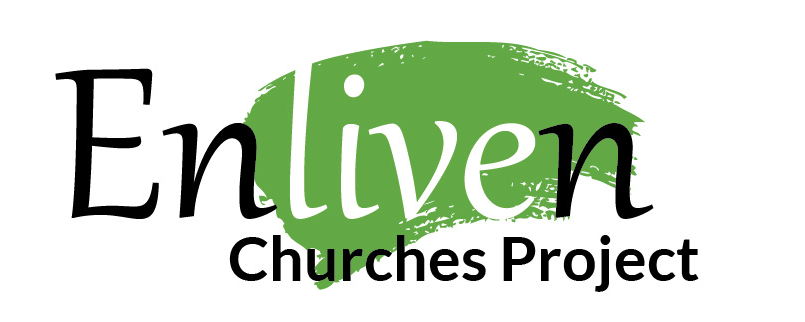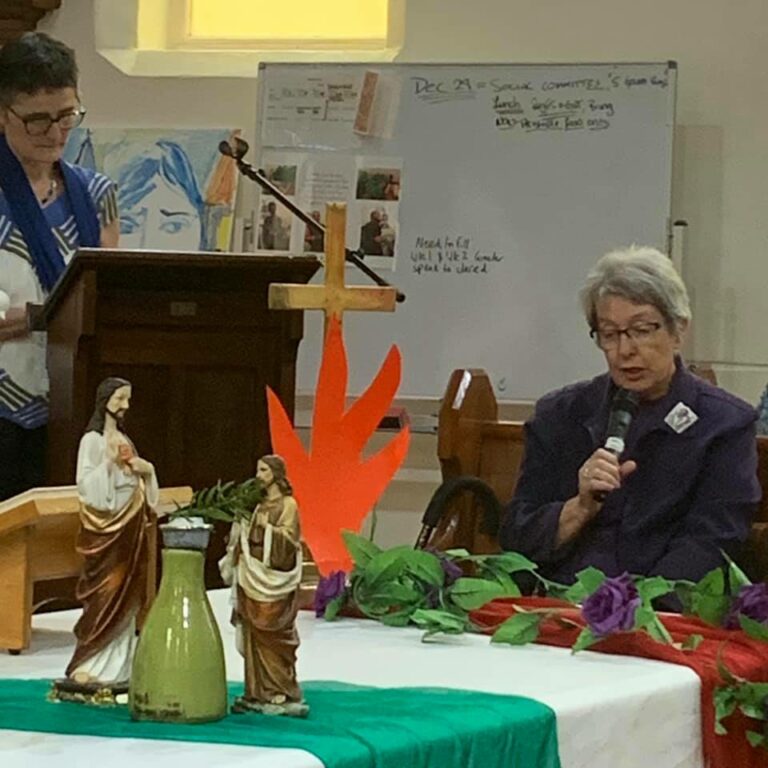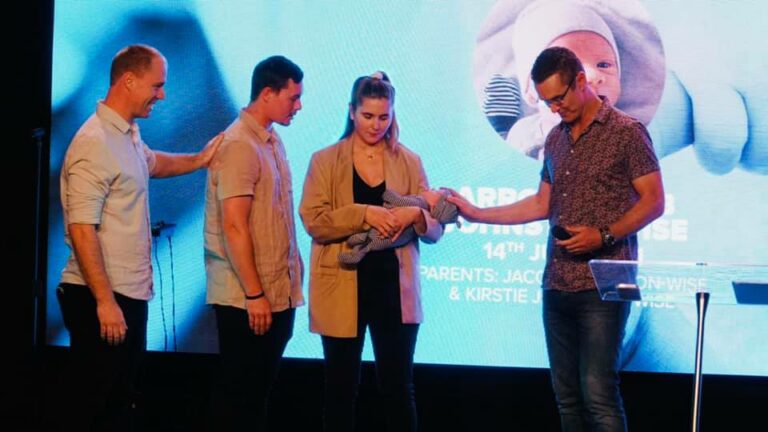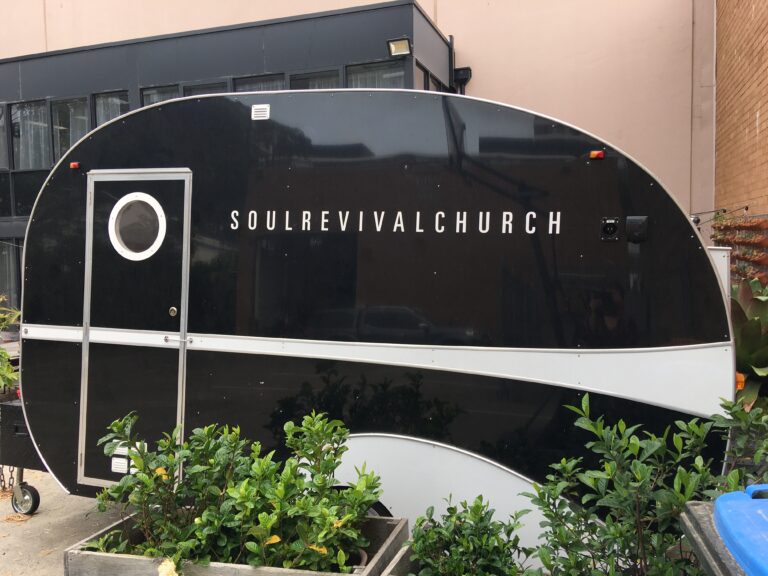Here’s an excerpt from our interview with Salvos, whose leaders and their team, build their health and vitality through initiatives such as this.
Read the conversation below.
NCLS: What would you say about things that you hadn’t expected, but have definitely contributed to the church flourishing?
DT: One example is a coordinator for a training programme in horticulture approached us and asked us if they could rent our facilities to teach horticulture here three times a week. But would we mind if they did up our gardens at the same time. It’s like God answering those prayers you hadn’t even really prayed, he knows your needs before you even ask for them, because managing the gardens here is a really, really big job.
In fact, a lot of the church was very overgrown to be honest, but they’ve come and they’ve really transformed it. It’s so pretty and attractive the church now because of what they’re doing. Not only that, they’ve got a greenhouse out the back here somewhere and they grow plants to put in our gardens and any surplus ones we can even often sell up at our thrift shop.
NCLS: In terms of facilities here and connecting with the community. Can you describe a little bit about how you use the various elements that are here? Some we have photos of, but just to outline the playground, the basketball court, the chapel.
DT: I guess we see this site as a resource for our community as well. It’s a public space anyone’s welcome here and the playground’s available for anyone to use and is used. People often have birthday parties and things like that there. There’s generally always people at the basketball court. Or people just walking dogs, it’s quite a community place in that way.
NCLS: So, the playground’s there, the basketball court, and then an outdoor chapel up towards the road.
DT: Yes.
NCLS: And then future plans for more facilities?
DT: Ideally, we’re still not settled on it completely, but we’re thinking about another facility attached to this lot down the side, near the fence. We’re just not sure 100% which direction we want to go with that.
NCLS: There seems to be an openness to change and an openness to innovation here. How would you describe the way that works?
DT: I think Craig is a really creative problem solver, so I really think that him and other people too, if they’ve got a new idea, he’s like, let’s try it. And we often use the word, pilot. That’s a safe word, like let’s try it, let’s pilot this and see what happens. And we’ll say to the church we’re piloting it and if we like it we’ll take it onboard and if not we’ll find something else or whatever. So, yes, we’ll often say we’ll pilot things and then go from there. Like the Connect Hub.
NCLS: Can you explain it to me?
DT: It was just a change in how we did things, that we wouldn’t have the family files anymore, we’d get rid of this big monstrosity and we’d have this central place. So, say in the office someone needed a reference written, we would say, we’ll put in the connect hub and you go and pick it up from the connect hub. It saves people coming to find me as well on a Sunday, because a lot of people never check in their family file anyway. Or they want to come and ask me, I say, go to the connect hub it’s there.
NCLS: Is that a physical space?
DT: Yes, it’s in the foyer and it’s on wheels, and we wheel it outside.
NCLS: So, it’s administration, but relational and ownership all in one.
DT: Yes, there’s a team of people that run the connect hub. Someone’s rostered on every week to be on the connect hub. We only have it on Sunday’s, not on Saturday nights because there’s just not as many people. So, if we’ve got a kid’s camp, people can go and get registration forms, sign up, pay there. You want a new name badge, go and put your name down at the connect hub, all that sort of stuff all happens at the connect hub.
NCLS: Do you think that risk taking and permission to maybe fail at something is part of trying new things here?
DT: We’ve done things that haven’t worked that we’ve totally stopped doing because they haven’t worked, but other things have taken off and gone really well.
NCLS: Do you think that’s part of an intentional way you lead?
DT: I hope so. I hope we have permission to fail. I fail all the time at stuff. If we don’t try things we’ll never know what to do. I feel like whenever we’ve taken a risk as a church, God’s provided. Even outside we’ve got this wonderful big undercover area, that was only put in about three or four years ago. There was no place for people really to hang out, and I think that’s been key in our church even growing. Because people had nowhere to go for morning tea or to connect, whereas now they can walk under there and if it rains, it’s fine. That was really a big change as well, that’s really enabled our church to grow and it’s a wonderful space, it’s used often.







